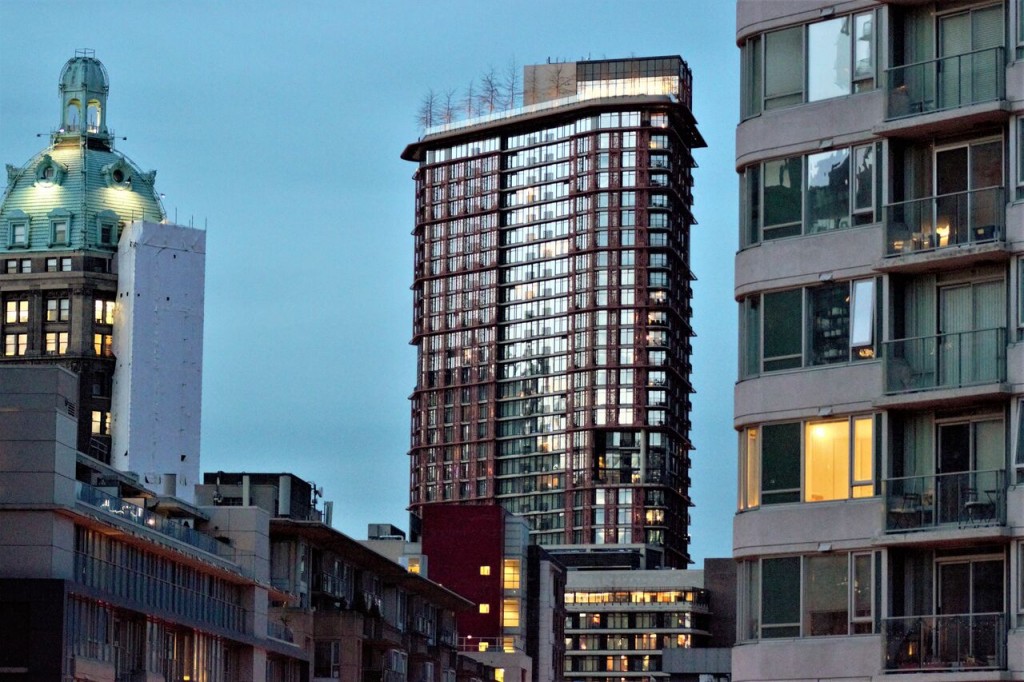
How collective housing could solve two of Vancouver’s looming crises
By Sophie Isbister, Columnist
I have always said that Vancouver is a small town dressed up like a big city. I grew up in the East Van, and I can’t leave my house without running into at least one acquaintance. For some people, there is no shortage of community vibes.
Conversely, we also have a reputation for fostering loneliness among newcomers.
Currently, Vancouver lacks the density of a world class city and the true community of a small town. We are straddling two extremes, struggling to find a middle ground, and dangerously close to toppling off into the void. If we want to find a way forward for our rapidly-growing city, with a shortage of land to build on and an acute affordability crisis, we need to look toward the kind of density that other cities employ. My answer to this problem is collective housing.
Collective housing, or the act of intentionally living with and sharing space and resources with others, is a trend that has been on the rise in Vancouver. Decades ago, the practice was adopted in large metropolises such as San Francisco and New York City, which, much like Vancouver, had a lack of housing not just for low-income people but for young professionals as well.
You’re probably already familiar with the concept of having a roommate. Collective housing takes it one step further—bills are shared, but so are household items like toiletries and kitchen staples. In many cases, housemates eat together and take turns cooking group meals.
Many collective houses are a collaborative effort that involves a lot of planning. A collective house is as diverse as the people who reside within its walls. In other cities, collectives can house up to 20 people, often people of diverse ages and backgrounds, and even multiple family units.
So why don’t we see a ton of collective houses cropping up all over the place? Well, it goes against the ethos of individualism that is the dominant worldview in Western society. We go through life on a path. We start out living in our family unit, and then become independent. We are pressured to live on our own, until we find a partner to share our space, food, and neuroses with us. They become our new family unit.
We don’t even stop to wonder if these goals are the best ones that we could be having. Individualism wasn’t always the way to do things. In other cultures, and long ago in Western culture, multi-generational families lived together. In 2018, we sit in our lonely apartments, scrolling Tinder and eating Pad Thai out of the takeout box. Or we live with roommates and act like it would be a failure to still live with roommates once we graduate or pass the age of 30.
Exposing yourself to other people’s lives and views is good—and in the current housing market in Vancouver, it’s going to become a necessity. But allow me to momentarily toss aside the concept of necessity—there are just so many benefits to living in a large house with multiple people! You have a built-in social network, extra people to contribute to household projects like a vegetable garden, and most importantly, people to help you when you’re sick or need emotional support.
Looking forward at Vancouver’s future, I see growing opportunity for collective housing to take off. However, there is currently a bylaw in place that says that no more than five unrelated people can cohabitate. This is an outdated bylaw and needs to be repealed so that collective houses can operate legally.
Collective housing is just one way toward vibrant, healthy communities and increased urban density. I can see it working in Vancouver, as well as other communities that are seeing rapid growth and transit expansion, such as Richmond and Coquitlam. It will take a cultural shift for collective living to become the norm, but the values of living and sharing with others are indispensable for the future of our modern city.


